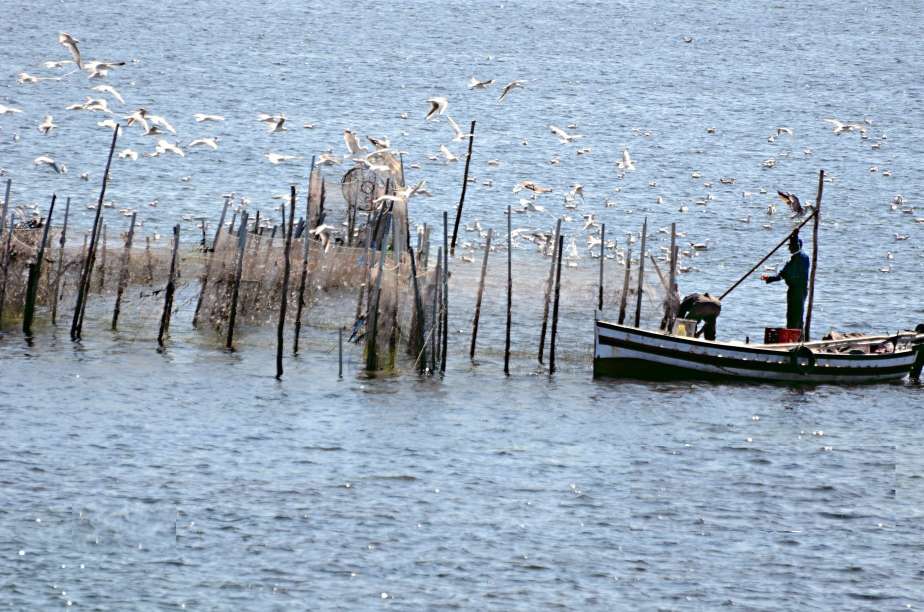With 1,300 km of coastline and a strategic location in the Mediterranean, Tunisia boasts exceptional maritime potential.
The blue economy, encompassing sectors ranging from coastal tourism to marine energy, could fundamentally transform the country’s economic model. Yet, despite its promise, this sector remains underutilized, hindered by a lack of integrated vision and strategic investments.
Coastal Tourism: A Pillar to Strengthen
Coastal tourism is the cornerstone of Tunisia’s blue economy, accounting for up to 80% of its activities. Millions of visitors flock annually to enjoy the country’s beaches, archaeological sites, and cultural richness. However, this tourism windfall relies on a fragile ecosystem threatened by uncontrolled urbanization, marine pollution, and the effects of climate change.
Initiatives such as the European Co-Evolve4BG project, which promotes integrated coastal zone management, highlight the need for sustainable tourism. This involves developing eco-friendly beaches, promoting ecotourism activities, and engaging local communities in ecosystem preservation. Such an approach not only safeguards natural resources but also addresses the growing demand for authentic, environmentally conscious travel experiences.
Fishing and Aquaculture: Balancing Tradition and Sustainability
Fishing is a symbolic sector for many Tunisian communities but now stands at a crossroads. Overfishing, destructive practices, and climate change have weakened fish stocks, endangering local economies and national food security.
Aquaculture presents an innovative solution, enabling the production of fish and seafood while reducing pressure on natural ecosystems. However, this industry requires technological investments and strict regulations to ensure sustainable practices. Tunisia can draw inspiration from Mediterranean neighbors like Greece and Spain, where aquaculture contributes to both employment and resource preservation. By integrating aquaculture into a broader strategy, the country can harmoniously blend tradition and modernity.
Marine Renewable Energy
Marine renewable energies represent a strategic opportunity to diversify Tunisia’s economy while addressing climate challenges. The potential is vast, spanning offshore wind, floating solar, and wave or tidal energy technologies. These innovations offer Tunisia a unique chance to combine economic growth with energy transition.
Offshore wind, for instance, could leverage the consistent winds along Tunisia’s coastline. Already thriving in Europe, such installations could generate large-scale electricity, meeting the country’s growing energy demands while reducing dependence on fossil fuels. Regions like the Gulf of Gabès offer ideal conditions, combining favorable climates with proximity to existing infrastructure.
Floating solar technology is another promising avenue for Tunisia, which enjoys abundant sunshine. By installing solar panels on water bodies or at sea, this solution maximizes space efficiency while benefiting from natural cooling provided by water, improving energy production efficiency.
Additionally, wave and tidal energy technologies remain largely unexplored but hold significant potential. Pilot projects in specific regions could position Tunisia as a pioneer in the Mediterranean’s renewable energy landscape.
Towards an Integrated Blue Economy
For the blue economy to become a reality, an integrated and coordinated approach is essential. This requires cooperation among economic sectors, clear regulations to prevent resource use conflicts, and investments in scientific research. International funds, such as those from the European Union or global environmental agencies, could play a pivotal role in financing transformative projects.
By embracing this strategy, Tunisia can unlock the full potential of its maritime wealth, fostering sustainable development while protecting its natural heritage.
Source: tunisienumerique


